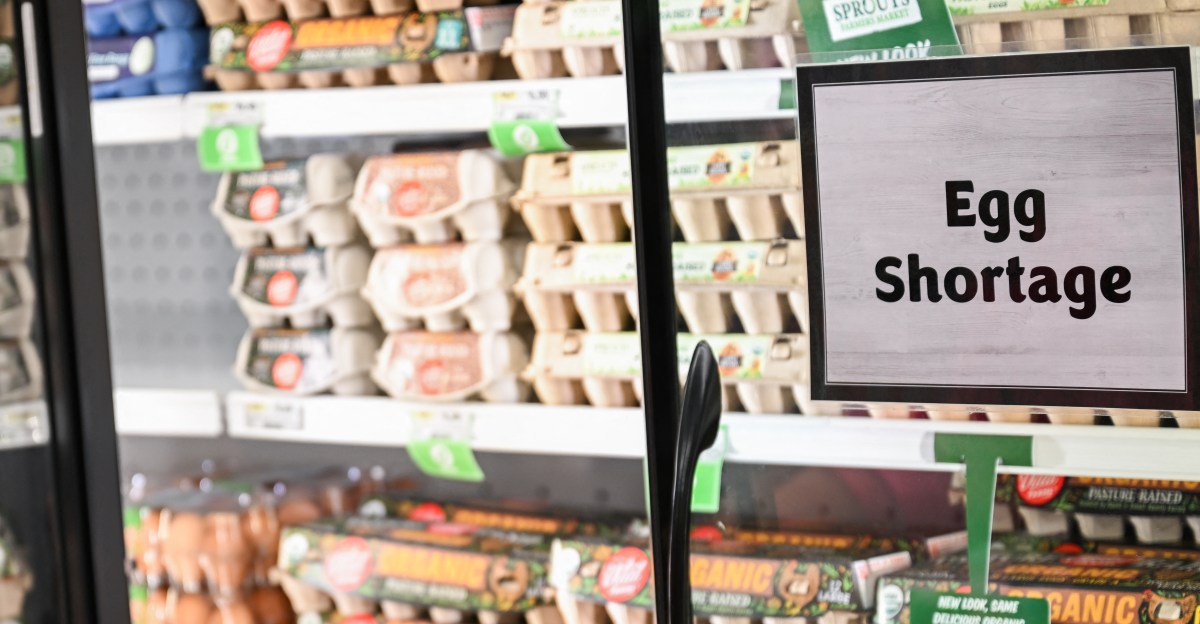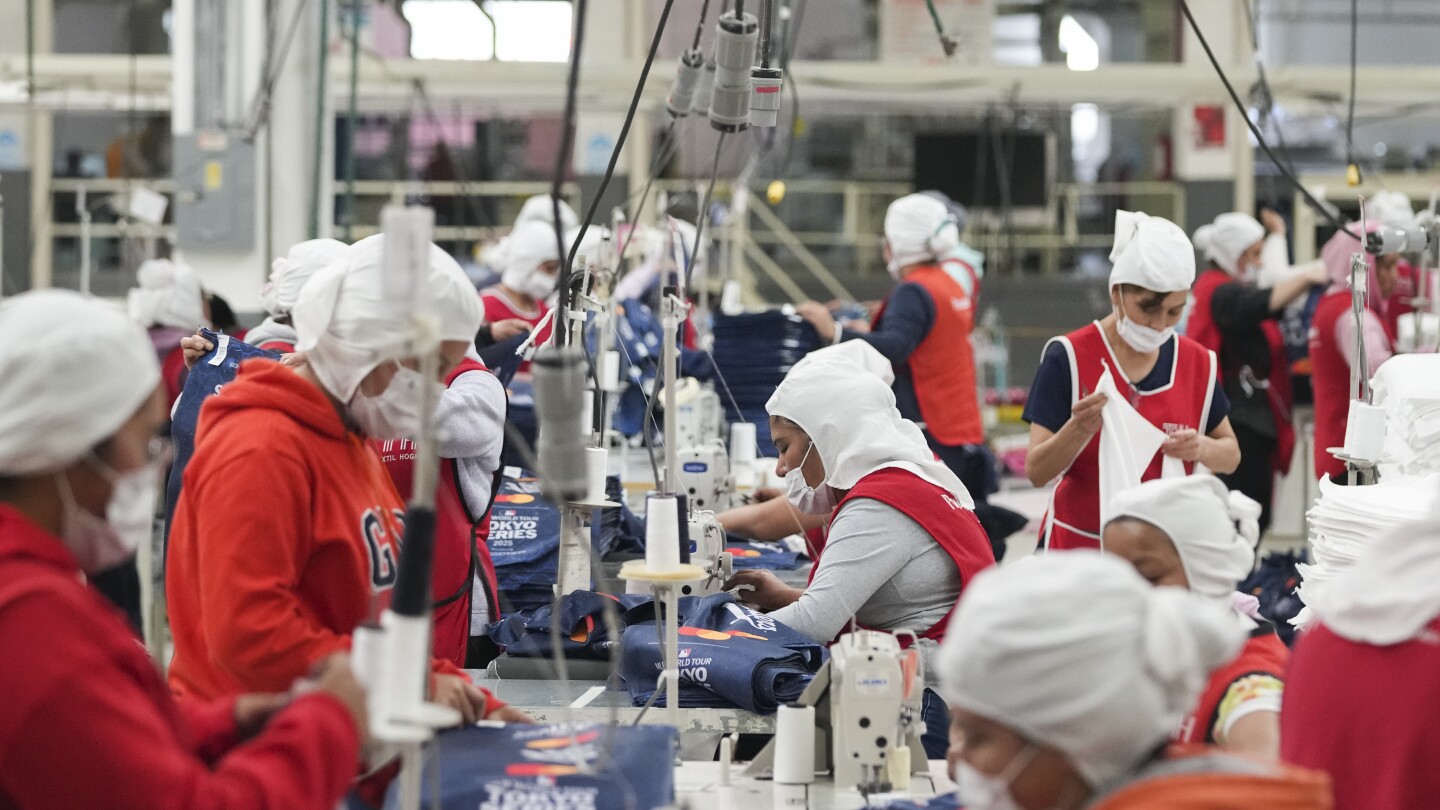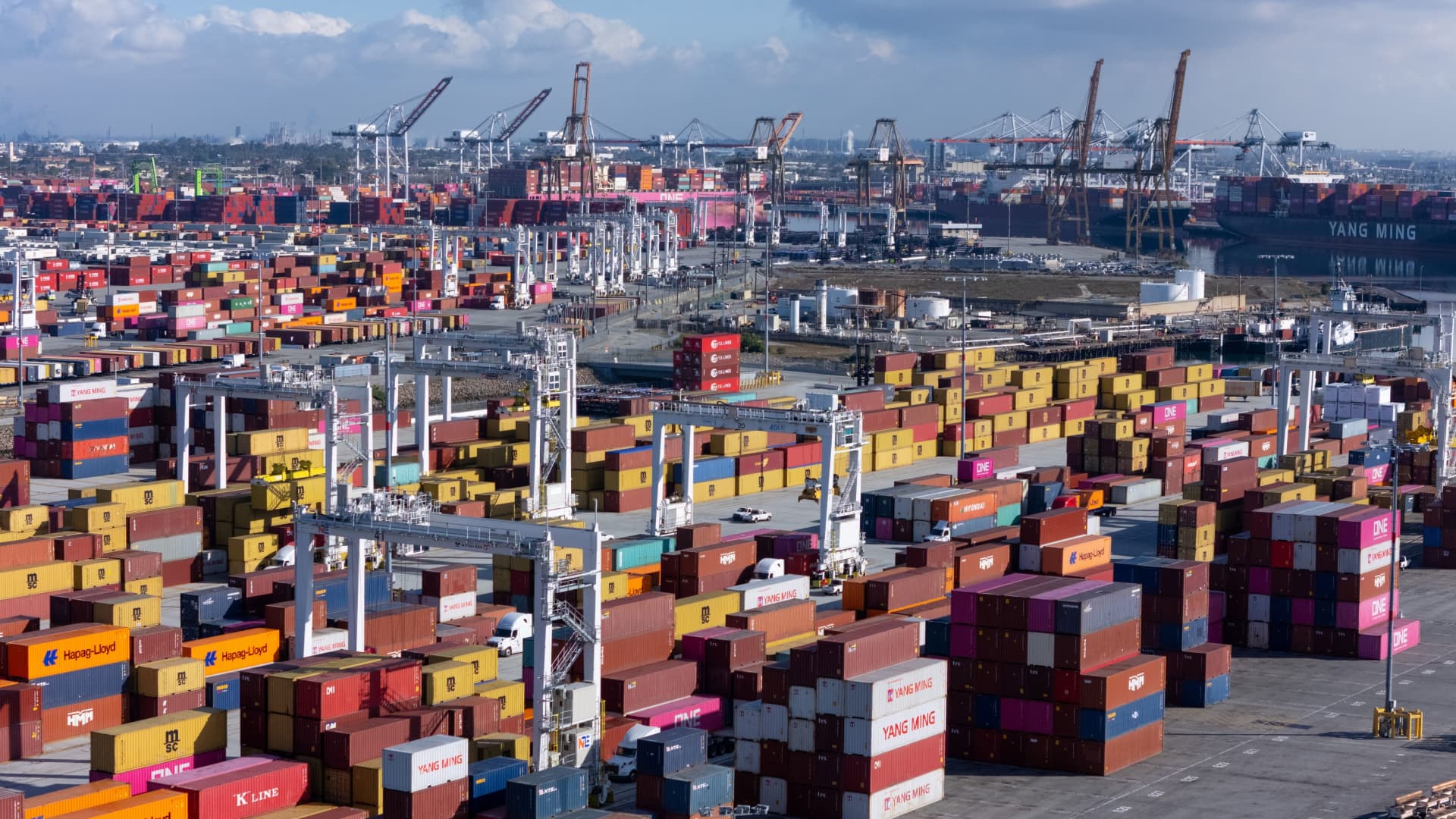Soaring Egg Prices: The Government’s Response to Stabilize the Market
As egg prices continue to rise, consumers are left wondering how long this trend will last. The significant increase in prices has spurred concerns among households, restaurants, and food manufacturers alike. In response to this pressing issue, the government is taking various measures aimed at stabilizing the egg market and alleviating the burden on consumers. In this article, we’ll explore the current situation surrounding soaring egg prices and examine the initiatives being implemented to address this economic challenge.
Understanding the Causes of Soaring Egg Prices
Before diving into the government’s response, it’s crucial to understand the factors contributing to the surge in egg prices. Several interconnected issues have been driving these price hikes:
- Supply Chain Disruptions: The lingering effects of the COVID-19 pandemic have disrupted supply chains globally. From production facilities to transportation, every stage of the egg supply chain has been affected, leading to shortages.
- Avian Influenza Outbreaks: The agricultural sector has faced significant challenges due to outbreaks of avian influenza, which have resulted in the culling of millions of chickens. This has drastically reduced the egg-laying population, further constraining supply.
- Increased Feed Costs: The rising prices of feed, driven by global commodity market fluctuations, have made egg production more expensive. Farmers are passing on these costs to consumers, resulting in higher retail prices.
- Inflation: General inflationary trends have affected all sectors of the economy, including food prices. Eggs, once a staple affordable protein source, have seen a dramatic rise in cost.
Government Measures to Address Soaring Egg Prices
In light of these challenges, governments are stepping in with various strategies to combat the soaring egg prices. Here are some of the primary measures being implemented:
1. Monitoring and Price Regulation
Many governments have begun to closely monitor egg prices and implement regulatory measures to prevent price gouging. By establishing price ceilings, they aim to ensure that consumers are not exploited during these tough economic times. This regulatory oversight is critical in maintaining price stability, especially for essential goods like eggs.
2. Financial Support for Farmers
Recognizing that farmers play a crucial role in stabilizing egg supply, governments are offering financial assistance to egg producers. This support may come in the form of subsidies, grants, or low-interest loans aimed at helping farmers manage increased production costs and recover from losses due to avian influenza.
3. Encouraging Local Production
To reduce dependency on large, centralized egg production facilities, governments are encouraging local farming initiatives. By promoting backyard chickens and small-scale egg production, communities can become more self-sufficient, which helps to stabilize supply and prices.
4. Import Policies and Tariffs
In some cases, governments are adjusting import policies to allow for increased imports of eggs from other countries. Lowering tariffs on imported eggs can help alleviate local shortages and lower prices for consumers. While this approach might not be sustainable long-term, it can provide immediate relief in times of crisis.
5. Public Awareness Campaigns
Governments are also launching public awareness campaigns to educate consumers on how to shop smart during times of high prices. These campaigns provide tips on meal planning, bulk buying, and alternative protein sources, which can help families stretch their budgets further.
The Role of Industry Cooperation
In addition to government measures, cooperation within the egg production industry is essential for stabilizing prices. Producers, distributors, and retailers need to work together to ensure a steady supply of eggs. This collaboration can lead to:
- Streamlined Supply Chains: By improving logistics and distribution channels, the industry can reduce delays and losses in the supply chain.
- Enhanced Communication: Regular communication among stakeholders can help identify potential shortages early and allow for proactive measures to be taken.
- Shared Resources: Joint initiatives such as shared transportation or bulk purchasing can lower costs for all parties involved.
Consumer Adaptations Amid Rising Prices
While government initiatives and industry cooperation are vital, consumers must also adapt to the changing market. Here are some strategies that families can employ to cope with soaring egg prices:
- Explore Alternatives: Consider incorporating alternative protein sources into your diet. Foods such as beans, lentils, or tofu can provide similar nutritional benefits without the high cost.
- Buy in Bulk: Purchasing eggs in larger quantities can often yield savings. If you have a larger family or can share with friends, buying in bulk might be a smart option.
- Shop Seasonally: Prices can vary depending on the season and local availability. Shopping at farmers’ markets or local producers can sometimes lead to better deals.
The Future of Egg Prices
Looking ahead, the outlook for egg prices remains uncertain. While government measures and industry cooperation are steps in the right direction, the root causes of price increases—such as supply chain vulnerabilities and disease outbreaks—need ongoing attention. As consumers, farmers, and governments adapt to this evolving landscape, the hope is that egg prices will stabilize, making this essential food item accessible to all.
In conclusion, the soaring egg prices are a multifaceted issue that requires a comprehensive response. The government’s initiatives, combined with consumer adaptability and industry cooperation, can pave the way for a more stable and equitable egg market in the future. As we navigate these challenges, it’s essential to remain informed and proactive, ensuring that everyone has access to affordable and nutritious food.
See more CCTV News Daily



